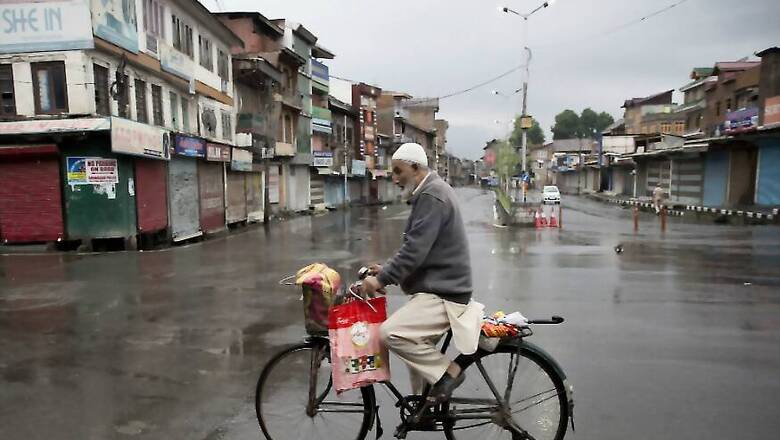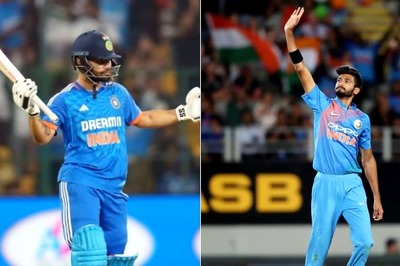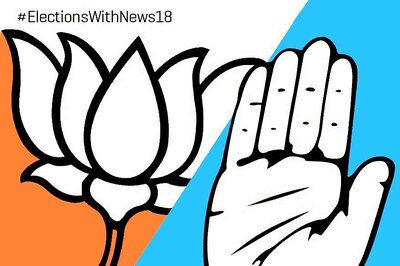
views
New Delhi: Five United Nations human rights experts have urged the Indian government to end the “crackdown on freedom of expression, access to information and peaceful protests” imposed in Jammu and Kashmir after the abrogation of the state's special status. The experts described the prevailing situation in the erstwhile state as “collective punishment” for the entire population of Jammu and Kashmir.
The experts expressed concern that the prohibitive measures, imposed after the Parliament earlier this month revoked the constitutionally-mandated status of Jammu and Kashmir, would exacerbate tensions in the region.
“The shutdown of the internet and telecommunication networks, without justification from the government, are inconsistent with the fundamental norms of necessity and proportionality,” said a statement from the UN Human Rights Office of the High Commissioner. “The blackout is a form of collective punishment of the people of Jammu and Kashmir, without even a pretext of a precipitating offence.”
The report was prepared by five UN experts, namely, David Kaye, special rapporteur on the promotion and protection of the right to freedom of opinion and expression; Michel Forst, Special Rapporteur on the situation of human rights defenders; Bernard Duhaime, Chair-Rapporteur, Working Group on Enforced or Involuntary Disappearances; Clement Nyaletsossi Voule, Special Rapporteur on the right to peaceful assembly and association; Agnes Callamard, Special Rapporteur on extrajudicial, summary or arbitrary executions.
Communication across Jammu and Kashmir was snapped on the evening of August 4 -- mobile phones, television channels and internet access was cut off after the government cancelled the annual Amarnath Yatra, citing security threats from across the border. Communication lines were cut off ahead of the introduction in Parliament of the legislation that abrogated Article 370 and moved to bifurcate the state into two Union Territories.
Independent @UN experts urge #India to end communications shutdown in #Kashmir. “The shutdown of the internet & telecommunication networks, without the Government justification, are inconsistent with the fundamental norms of necessity & proportionality."https://t.co/BBx9zmBGQG pic.twitter.com/zq9yIZfOoH— UN Geneva (@UNGeneva) August 22, 2019
Although the government lifted the restrictions 12 days after they were imposed, large areas of Kashmir Valley are still reportedly under lockdown. On Wednesday, for the first time since August 5, 774 of the 3,000 middle schools in Kashmir were opened. However, the attendance remained thin as parents were still apprehensive about sending their children to schools.
The experts also expressed their concern regarding the restrictions on the movement of people and of peaceful assembly. “We remind the Indian authorities that the restrictions imposed by the Indian government are intrinsically disproportionate, because they preclude considerations of the specific circumstances of each proposed assembly,” they said.
The BJP-led central government has maintained that these restrictions are required to maintain peace and avoid casualties in the valley. India’s representative to UN, Syed Akbaruddin, has stated that Kashmir is an internal matter for India and “international busybodies” should not tell the government how to run Kashmir.















Comments
0 comment